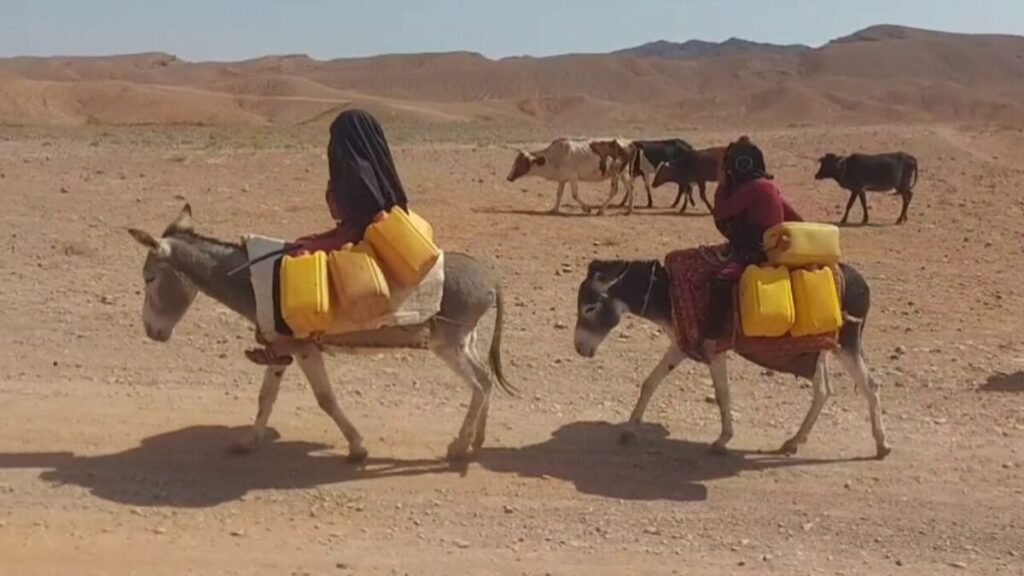BADGHIS, Afghanistan — Residents of Laman district in northwestern Badghis province say they are facing an acute shortage of clean drinking water, and are calling on humanitarian organizations to intervene as their impoverished communities struggle to meet basic needs.
Locals say deteriorating economic conditions have left them unable to afford deep wells, the only viable source of clean water in the drought-hit region. Without outside support, they warn the water crisis could pose a serious threat to public health, particularly among women and children.
“We do not have the ability to dig deep wells,” said Rasool, a resident of Laman. “We’re not asking the government for money — we just want help to solve our drinking water problem.”
Another resident, Raz Mohammad, said pregnant women in the community are being forced to walk long distances to fetch water from rivers or makeshift wells. “We have no water. We dug a shallow well near the river just to survive. We ask the aid organizations to help us.”

Water scarcity remains one of the most pressing challenges in rural Afghanistan, where years of drought, conflict, and underinvestment in infrastructure have left millions without reliable access to clean water. The problem has been compounded by recent cuts to international aid, including a freeze on U.S. assistance under President Donald Trump’s administration.
Humanitarian groups have warned that the reduction in foreign support — including funding for clean water, sanitation, and other critical programs — could have severe and lasting consequences for vulnerable communities across the country.
Aid workers have particularly raised alarm over the impact on women and children, who often bear the brunt of such crises. With limited access to health care and clean water, rural families are increasingly exposed to disease, malnutrition, and displacement.
As Afghanistan’s humanitarian needs grow and international attention wanes, communities like Laman are left to navigate a deepening crisis on their own.





